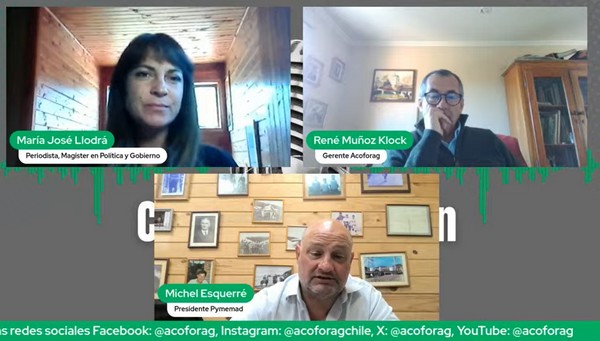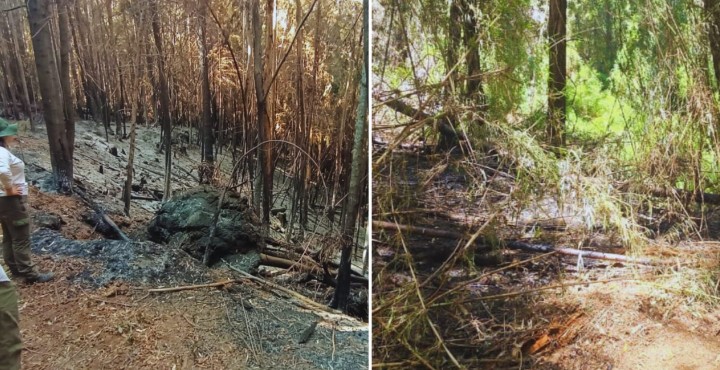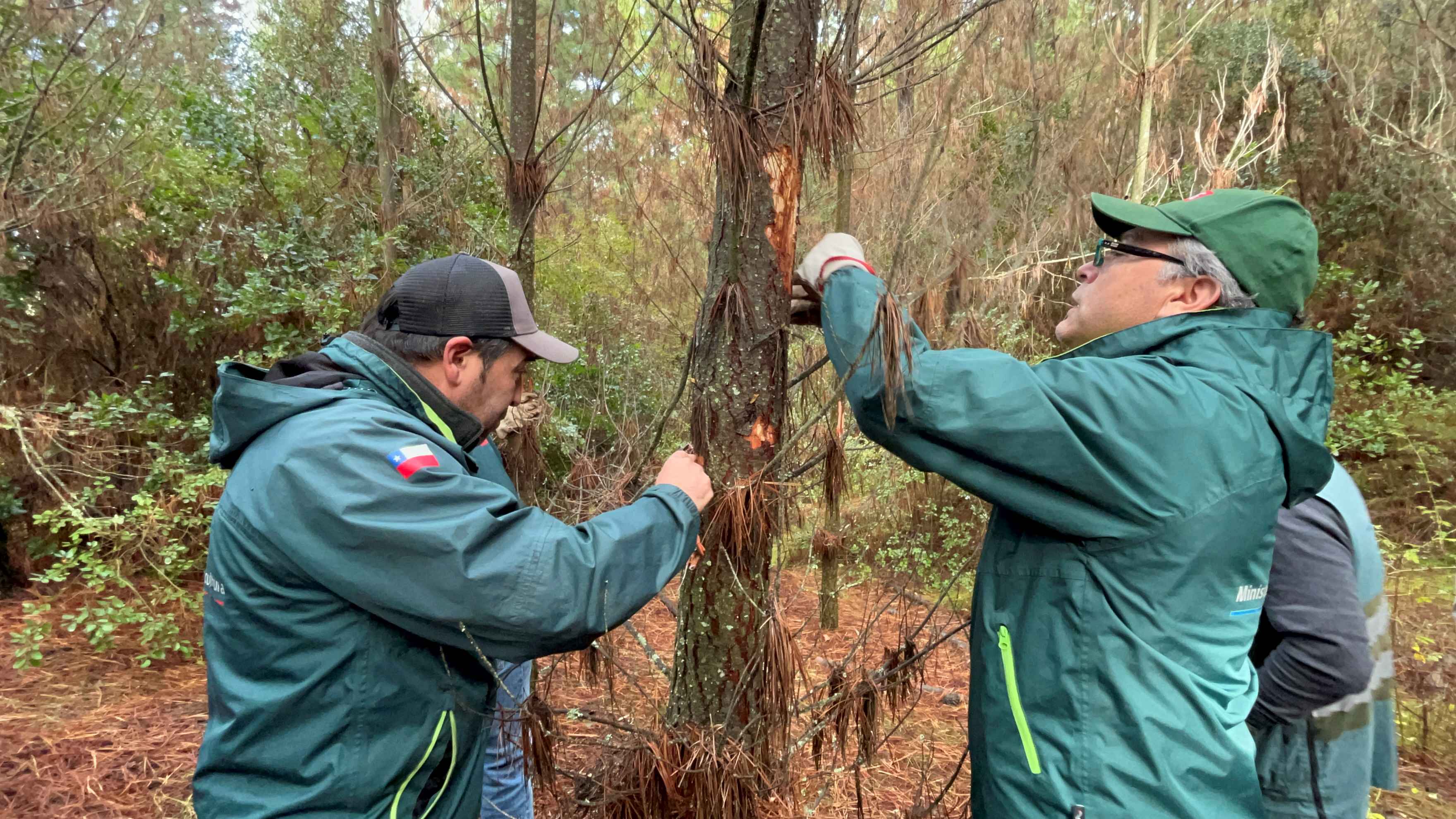In a conversation on Conversando con la Acoforag, Michel Esquerré, president of Pymemad, clearly outlined the difficult situation faced by small and medium-sized enterprises (SMEs) in Chile's forestry sector. According to Esquerré, eight or ten years ago, SMEs accounted for 11% of the wood exports in the forestry industry. Today, that figure has dropped below 3%.
He explained that this collapse is due to a combination of factors: the wildfire crisis, the disappearance of state incentives for small and medium-sized plantations, and the general stagnation of the industry. "Small and medium-sized landowners are not replanting, and without trees, there is no wood or pulp," stated Esquerré, warning that inaction could have long-term consequences, even for large companies.
Local Impact and Economic Linkages
Esquerré highlighted the multiplier effect of forestry SMEs on local communities. In towns like Santa Juana, where job opportunities are limited, SMEs provide stable year-round employment, unlike the seasonal work in other industries. Additionally, these businesses boost the local economy by interacting with workshops, transporters, and local commerce.
"The impact of an SME on a locality is as profound as that of large companies, but the State doesn’t see it that way. They classify businesses by annual sales without considering their context or territorial contribution," he noted. Esquerré criticized the lack of proper differentiation, as local SMEs are equated with giants like Arauco and CMPC, which employ thousands and operate globally.
The Path to Decarbonization
The industry leader also emphasized the essential role of the forestry sector in decarbonizing Chile's economy. However, he warned that without support for SMEs, the sector could weaken, jeopardizing national sustainability goals.
In this context, Esquerré praised initiatives like the Industrialization Roundtable, which seeks to promote regional employment and revalue the forestry industry. "It’s vital that all stakeholders—from unions to large companies and the State—work together to correct past mistakes and ensure a sustainable future for the sector," he concluded.
This call to action places at the center of the debate the need for public policies that recognize the value of forestry SMEs and their impact on communities—a crucial measure to revitalize a key sector of Chile's economy.
The interview on Acoforag's YouTube channel







Comments (0)
No comments yet. Be the first to comment!
Leave a comment